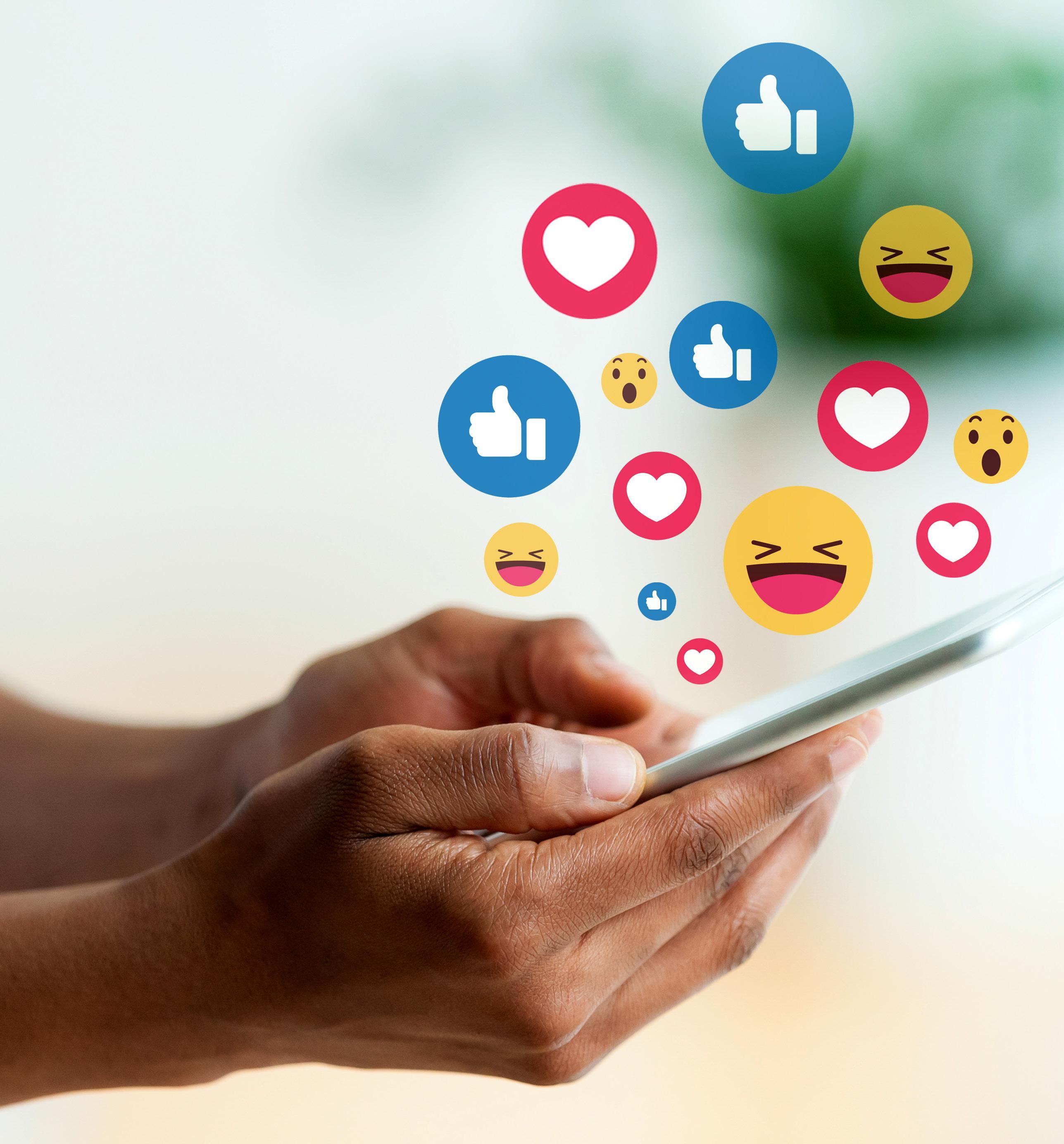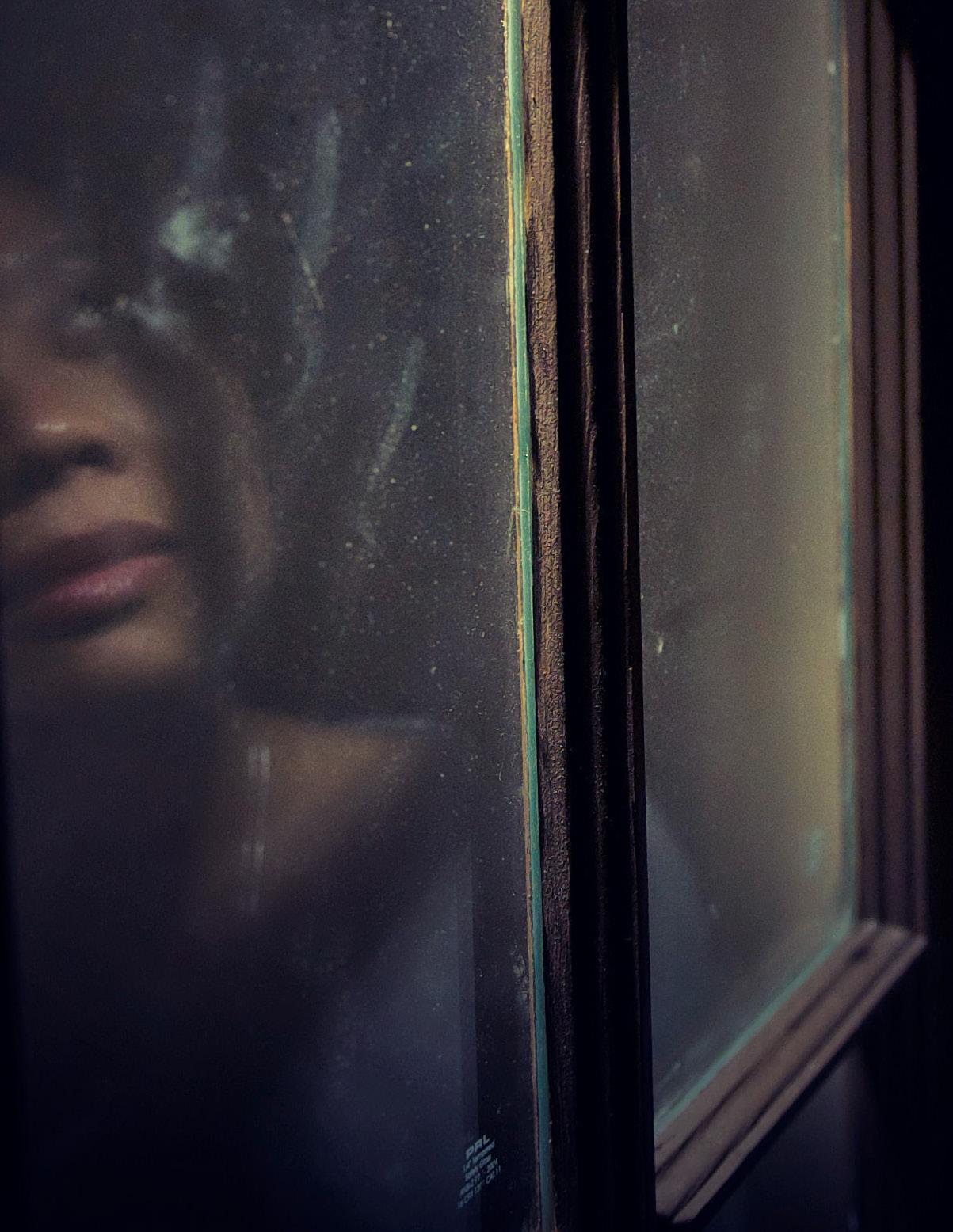
4 minute read
Kudos Magazine
from Kudos Magazine
A MOTHER’S FIGHT TO SAVE HER SON'S MENTAL HEALTH DURING COVID
The rapid spread of COVID took many of us by surprise. Even now, we still have to wear masks in public, and COVID is still around, five months after it hit us hard in Michigan. What is not so surprising is the tremendous uptick in people seeking mental health services. Many people live on the edge of being mentally healthy, but COVID has been a trigger for many people. From finding themselves laid off and wondering how to pay the bills to needing to isolate themselves for so long, COVID even hit people hard emotionally speaking.
COVID has affected kids as well as adults, triggering similar mental issues. All of a sudden, they are not allowed to see their friends, go to school, or even play with the neighbor kids.
Whether COVID prompted my son to spiral into crisis or not, I can’t say, but one day he told his father and me that he was suicidal and hurting himself. You can’t imagine what it is like to hear your child tell you they are suicidal. For weeks, I made him sleep on a mattress on the floor in the same room with me.
Thankfully he had been seeing a therapist before COVID. It was during a session with his therapist via telehealth when it came out that he had suffered a trauma as a fifth-grader. This revelation triggered something inside of him. He was suffering so much; he told us he needed to go inpatient to get help.
Since I had experienced a mental health crisis previously, I knew what he needed to do. Or at least I was familiar with some of the steps and resources. Thank God I did, most people would not have known and that’s why it is so important to know where to get help if and when it’s needed.
Because my son’s dad lives in Oakland County, I knew Common Ground could evaluate my son. This organization finds inpatient help and non-urgent assistance for situations like my family was facing. In an immediate emergency, such as hurting yourself badly or being interrupted in a suicide attempt, you would go directly to the Emergency Room. Since this was not an immediate emergency, and because of the COVID pandemic, we hoped to bypass the ER. The therapist at
Common Ground was so helpful; upon seeing that my son was not aggressive, she set out to look for a bed for my son at a mental health hospital.
While we waited for a bed, they sent us to the ER just to be on the safe side while working on finding a place for him. We ended up spending the night. While I was apprehensive about going because of possible exposure to COVID, they had the COVID patients on another floor, and there were very few patients in the ER. In the morning, the mental health hospital called us and said they had a bed, so we immediately drove there.
He spent two weeks in the hospital, but I knew he would ultimately need more help than his former schedule of receiving therapy once a week. We found a partial day hospitalwhere he could go during the day, and we could pick him up in the afternoon. He
loved it because it was mostly group therapy all day with kids his age. In some ways, I feel being around kids his age helped.
After being in the program for two weeks, he came home, enrolled in group therapy, in addition to one-on-one therapy. He isdoing better, can even see his friends again, but we know there is much work ahead.
When it comes to mental health crises, it is essential to remember that there is no shame in getting help. The
sooner you realize your mental wellbeing is in jeopardy, the better. There is no reason to suffer in silence, reach out to a trusted friend or an adult, or call one of the many helplines for these types of situations. There are people on the other end of that phone call waiting to help you. They are passionate about what they do and trained to save your life in a crisis if you let them.
Once again, it was a lucky thing (ironically) that I knew what to do as a result of my own prior mental health crisis. I am sharing my family’s story in hopes of increasing awareness and helping someone down the line. Every county and most hospitals have mental health offices. Some organizations even have crisis intervention resources where you can receive support via text or video conference calls. Remember, you are not alone and do not have to feel ashamed.
Information
Here are helpful resources if you ever find yourself or someone you love in crisis.
Hurley Medical Center- Behavioral Medicine 1085 South Linden Road, Suite 150, Flint www.hurleymc.com/services/ behavioral-medicine/ 1-810-262-2100
Genesee Health System- Access Department 24 Hour Crisis Hotline open 7 days/week 1-810-257-3740 www.genhs.org Crisis
Texting Line Text «Flint» to 741741
KUDOSFLINT.COM • VOLUME 6 ISSUE 2










